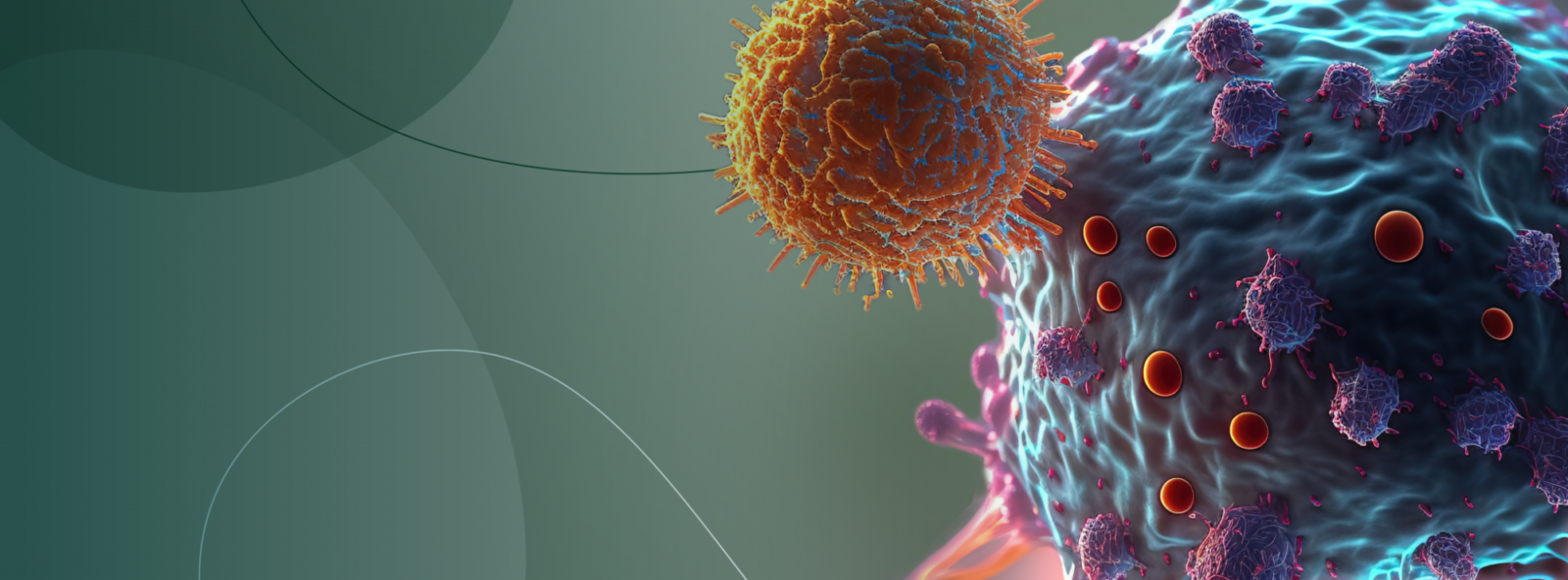
From bench to bedside, discover the University of Edinburgh’s world-class inflammation expertise. Find out how you can work with us and gain full access to our multi-disciplinary research and state of the art facilities that will help you deliver new solutions for the advancement of human health.
Inflammatory disorders are a major cause of morbidity and mortality worldwide. Our clinical experts are leading cutting-edge research to prevent, diagnose and treat these diseases and are ready to collaborate with partners to find solutions to research questions.
Edinburgh Innovations is the University of Edinburgh’s commercialisation service. We bring University of Edinburgh research to industry, working to identify ideas with value, and facilitating the process of bringing them to life in real-world applications.
We make ideas work for a better world.

As Founder and Co-Director of the EXPPECT Centre for Endometriosis and Pelvic Pain in Edinburgh, Professor Horne leads an interdisciplinary research team of clinical care practitioners, discovery scientists, and commercial partners that investigate and develop innovative approaches to the treatment of chronic pelvic pain, endometriosis and early pregnancy disorders.
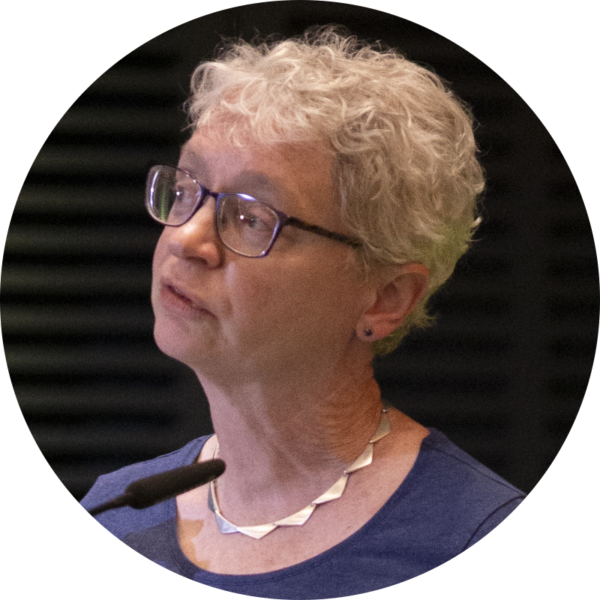
Professor Williams is a consultant neurologist with a busy multiple sclerosis clinic in the Anne Rowling Regenerative Neurology Clinic. She leads a research group in the Centre of Regenerative Medicine with a primary interest in improving patient therapies through understanding how the myelin of the central nervous system functions and is maintained and repaired in diseases like multiple sclerosis and small vessel disease.

Dr Ramachandran’s research is focused on understanding the role of the innate immune system in fibrosis and fibrosis resolution in the liver and other organs. Organ fibrosis (scarring) contributes to an estimated 45% of Western deaths, with no effective anti-fibrotic therapies. By understanding the biology of the immune response in scar formation and scar resolution, novel treatments can be developed to treat fibrotic diseases.
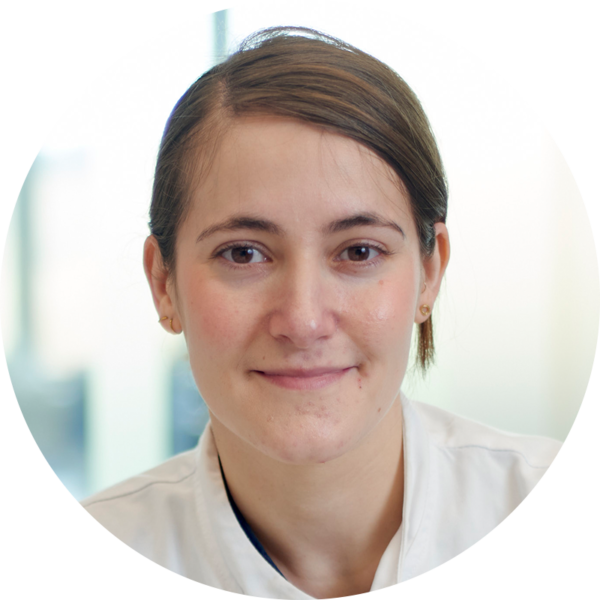
Dr Ferreira-Gonzalez is a chancellor’s fellow based at the Centre for Inflammation Research (CIR). She was inspired by her research on liver disease and transplantation to develop a way of minimising liver transplant failure. Her project aims to design a novel tool which transplant surgeons can use to determine whether a donor liver is at risk of developing Ischemic Cholangiopathy – a common complication following liver transplantation which often results in liver failure.

Dr Ho leads the Edinburgh IBD Science Group, a diverse, cross-discipline group of immunologists, chemists, biologists, clinical trialists, clinicians and data scientists with a shared vision to translate new knowledge in immune and inflammatory mucosal mechanisms to new therapeutic approaches for Inflammatory Bowel Disease. The best current therapies only achieve 50% complete mucosal healing.
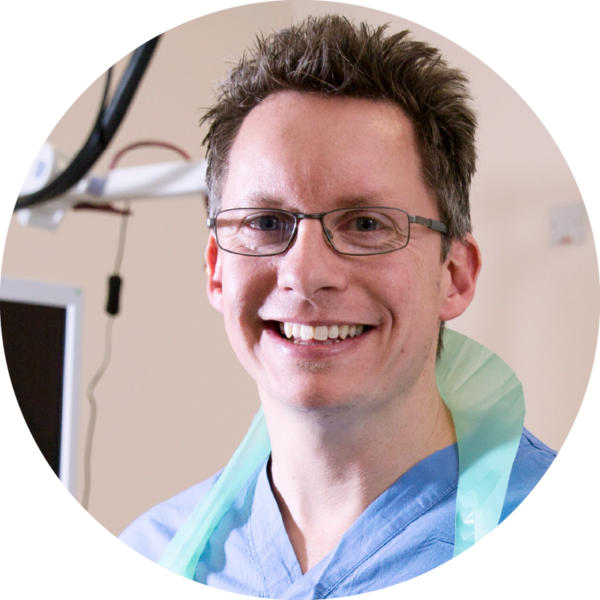
Professor Fallowfield’s translational liver research has a strong focus on developing innovative biomarkers in liver disease, portal hypertension and acute kidney injury. He is interested in the potential therapeutic effects of coffee as an intervention in liver disease and runs preclinical drug development studies for novel liver disease therapeutics in collaboration with biopharma partners.

Professor Vervelde leads a research group which focuses on immunomodulation in avian species. Her team have developed a novel organoid model which can be used to investigate the action of feed additives, drug and toxicology screening, host-pathogen interaction, and other diagnostic tools. This cutting edge technique will drive innovation for commercial companies in these sectors.

Professor Baillie leads a research team to explore translational applications of genomics in critical care medicine, with a focus on acute inflammation in influenza, Covid and sepsis. During the Covid outbreak he led the UK-wide GenOMICC and ISARIC4C studies, and contributed to the design and delivery of the RECOVERY trial. He discovered new biological mechanisms underlying critical illness in Covid, and contributed to the discovery of effective drug treatments to reduce mortality.

Professor Saunders' group are exploring the mechanisms responsible for sex steroids as 'master regulators' of health impacts. Her current research is focused on developing new treatment paradigms to treat neuroinflammatory pain in women with endometriosis. Her research benefits from collaboration with clinical colleagues, patients, and commercial partners.

Dr Conway, Senior Clinical Lecturer at the Centre for Cardiovascular Science, and his research group comprises a team of clinicians and laboratory scientists who combine their expertise to understand the pathways underpinning kidney disease, with a particular focus on immune-mediated mechanisms of kidney injury and repair. The approach used is a bedside-to-bench-to-bedside for identifying cells and pathways altered in the human kidney. Their research has a focus on determining the cell’s role in kidney disease biology using laboratory models to develop new therapies that are further validated in clinical studies.
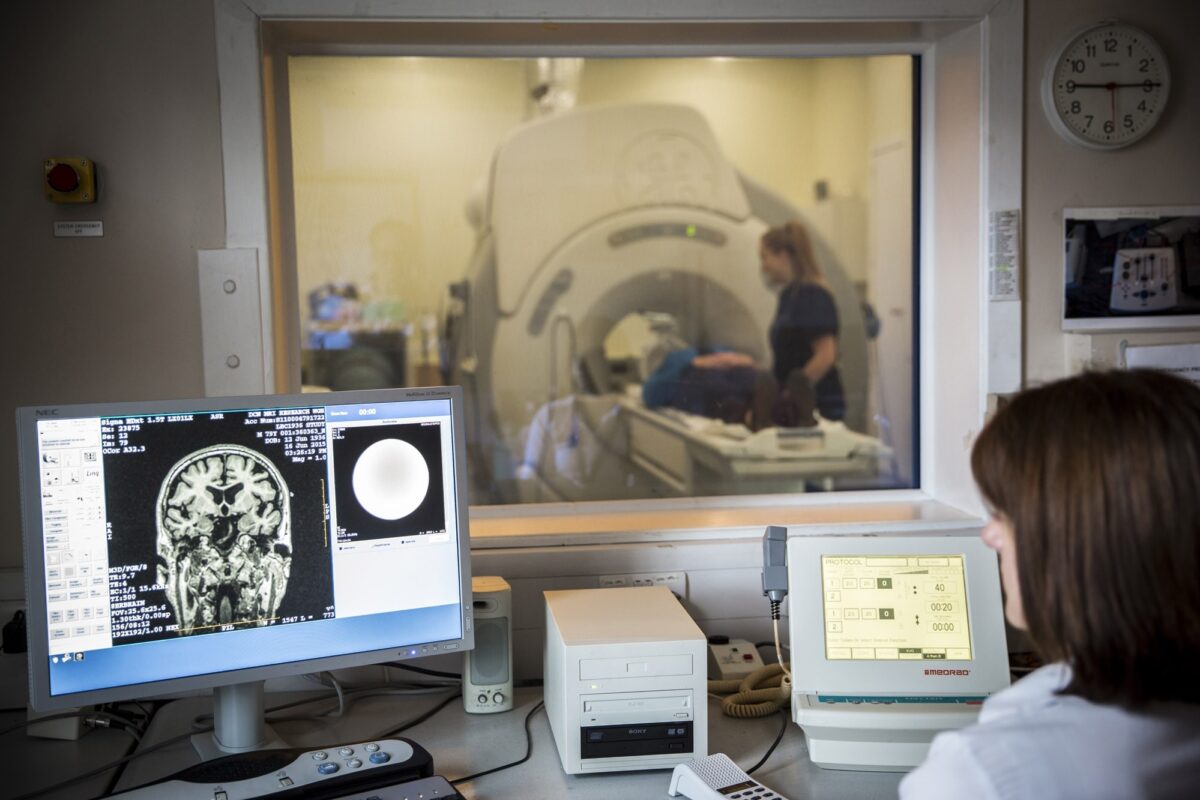
Access our inflammation research facilities used to explore the forefront of world-class inflammation research. We have many facilities on campus that provide the capability to conduct multiple large projects simultaneously. This set up also means we have the capacity to provide a supply chain of services that can drill down to the identification of the single molecules relevant to inflammation research.
Flow cytometry and cell sorting | High content screening | Multiomics | Histology | Biomolecular core | Imaging
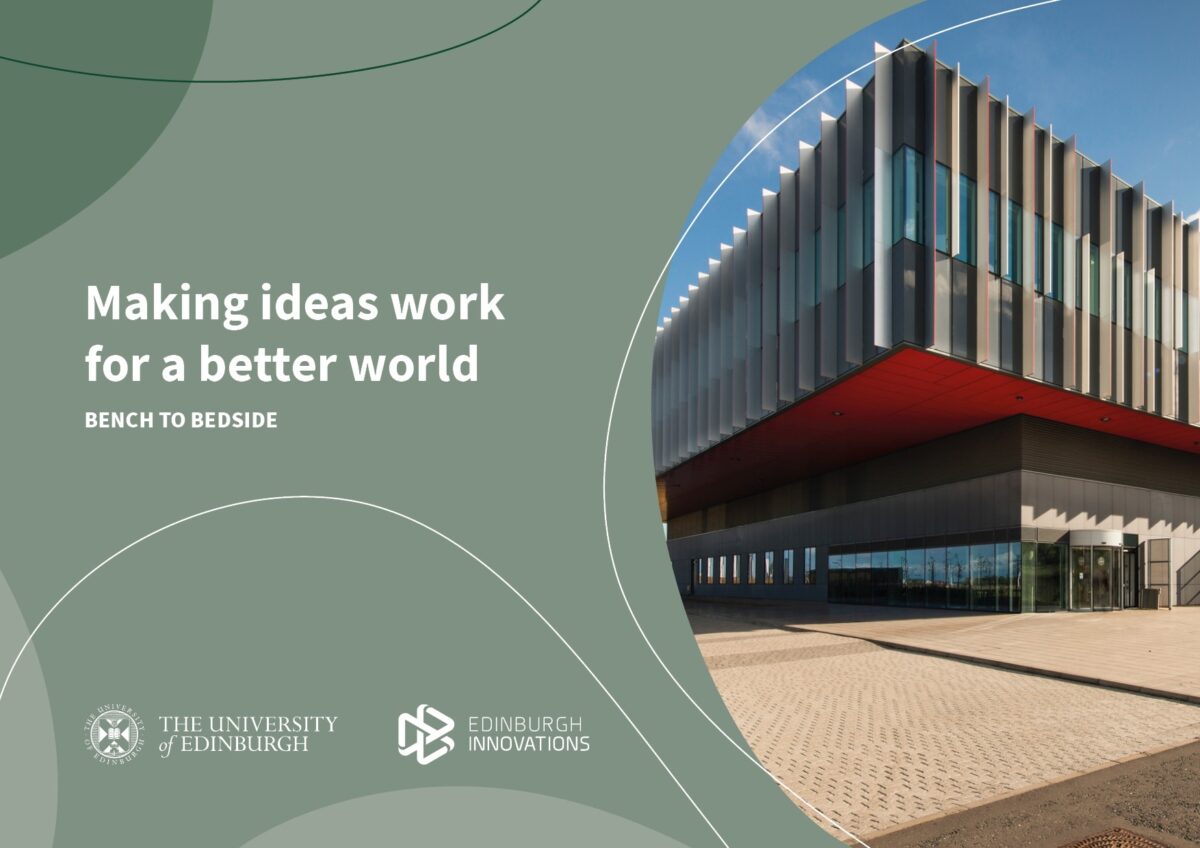
Explore our facilities, technologies and commercial applications to support the advancement of human health.
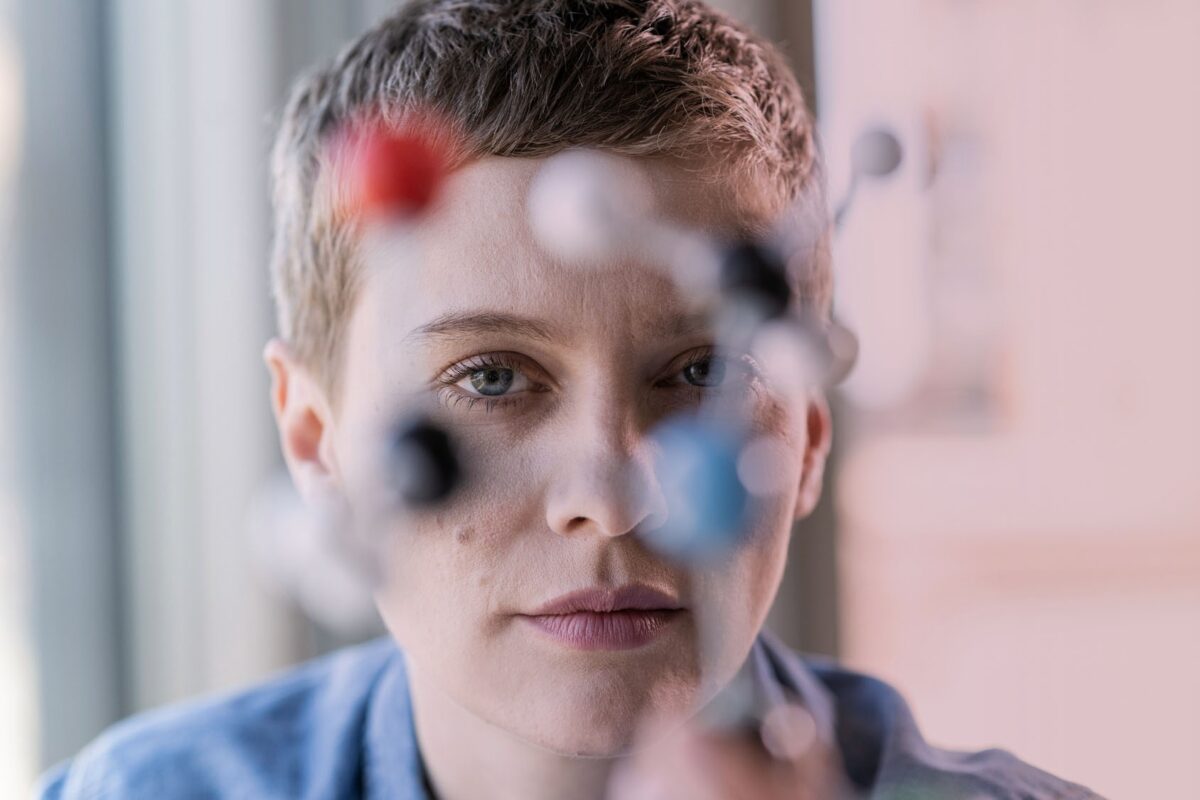
Join the conversation to stay up to date with the latest advances in research, news and events, all designed to help your business deliver solutions to the world’s biggest challenges.
View our Privacy Notice to understand how we use and protect the information that you provide to us.
Discover our vibrant entrepreneurial ecosystem which supports translation of research into real-world solutions via successful partnerships and spinout success*.
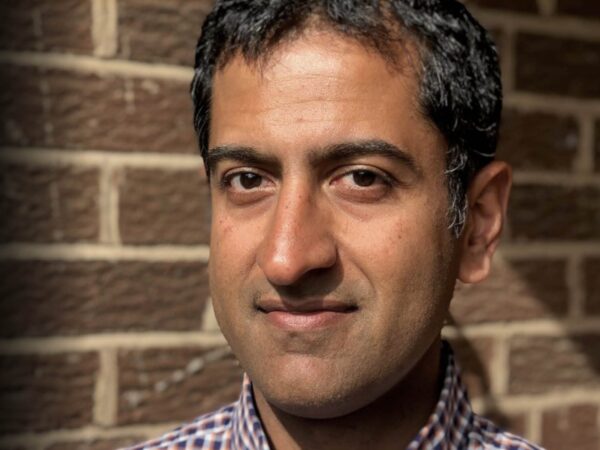
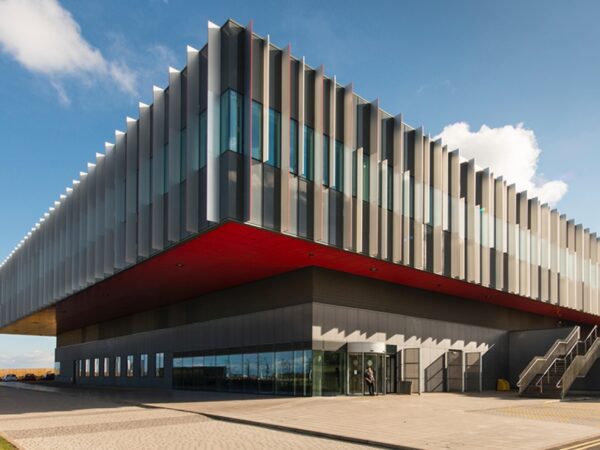
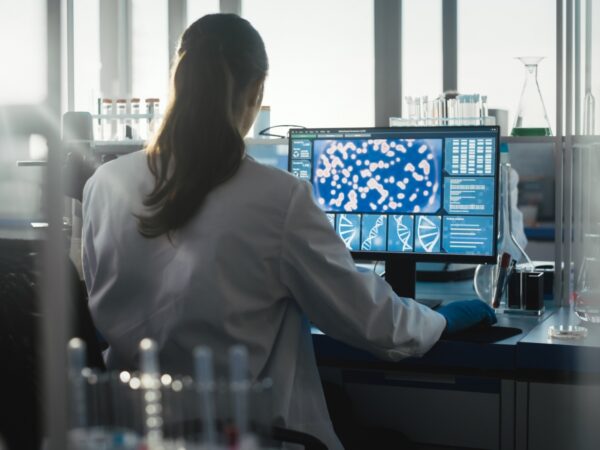
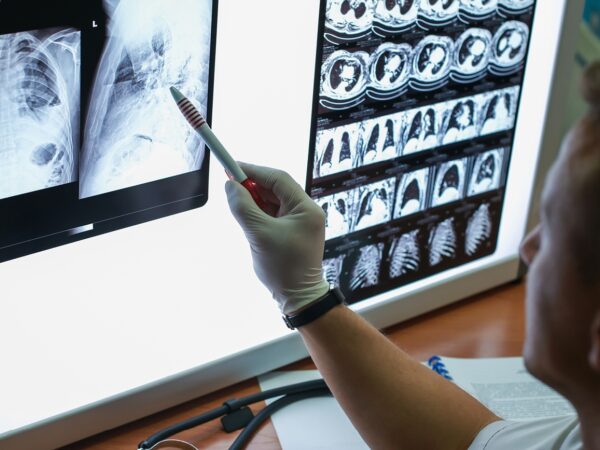
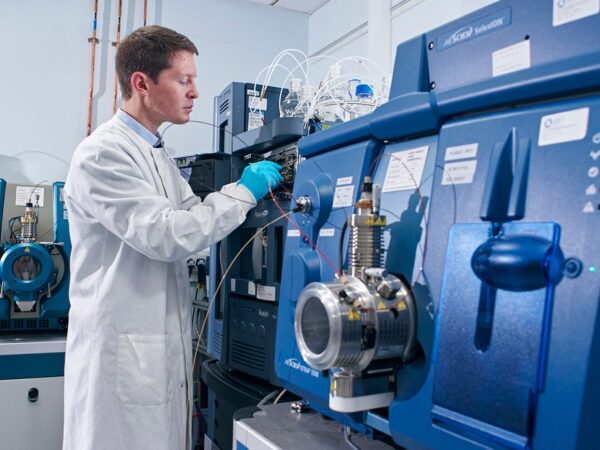
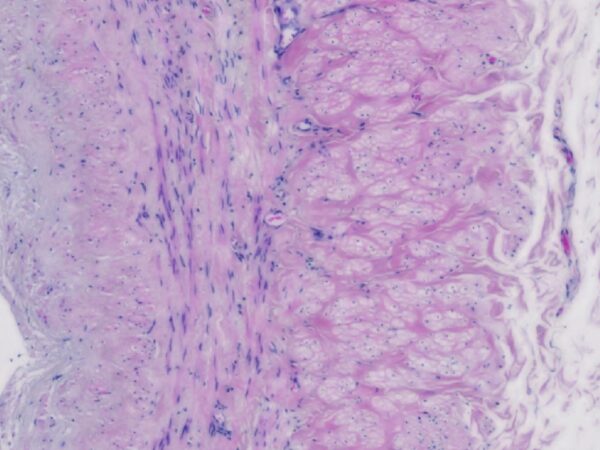
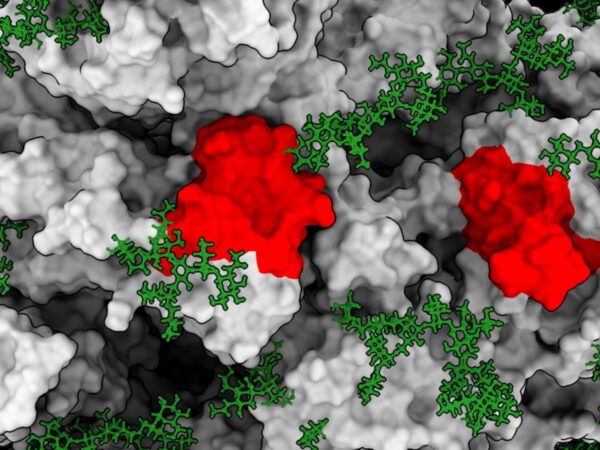

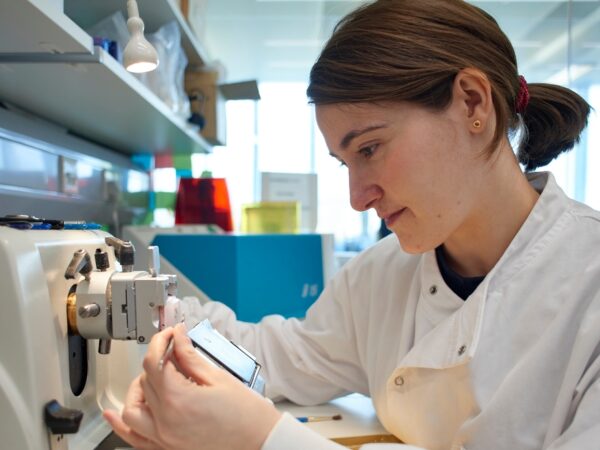

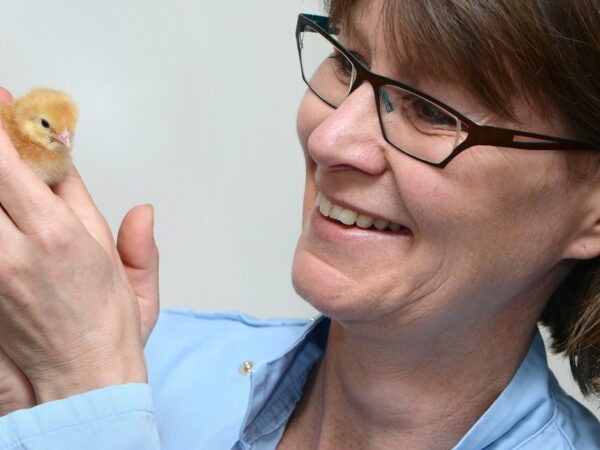
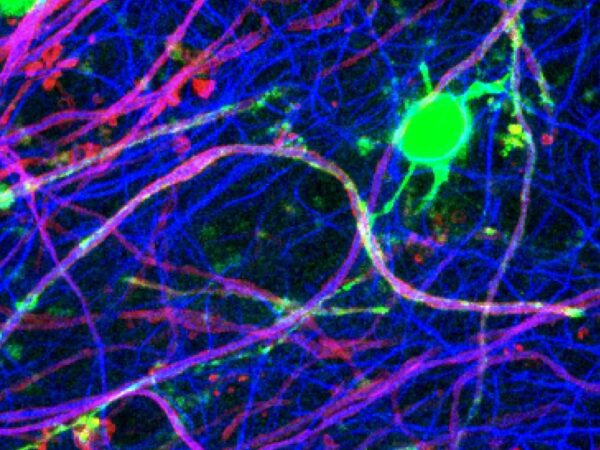
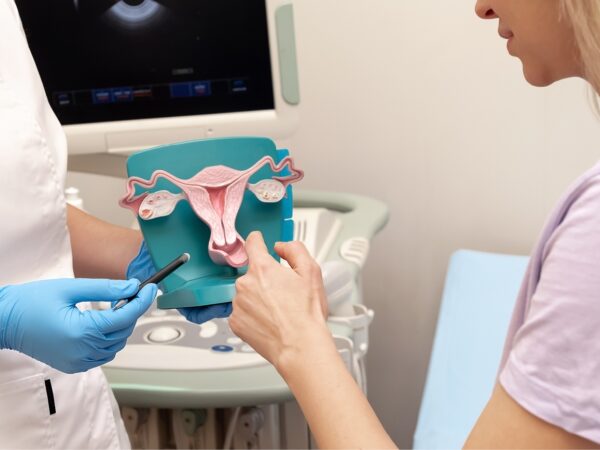

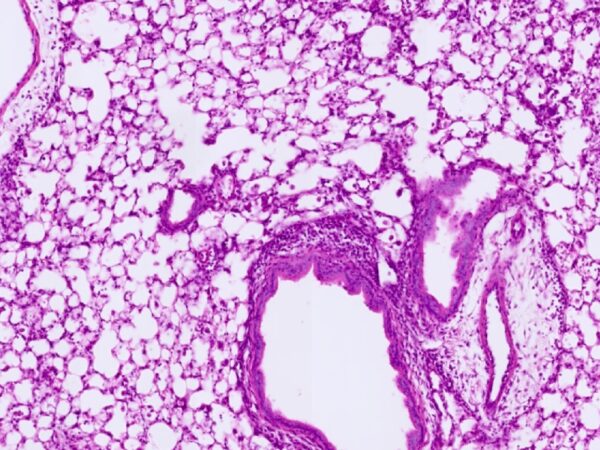
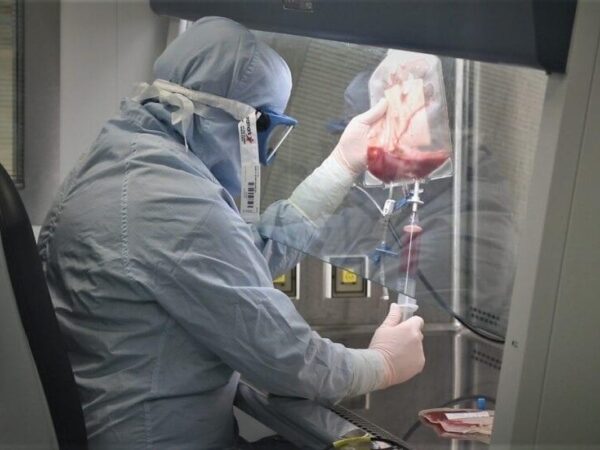
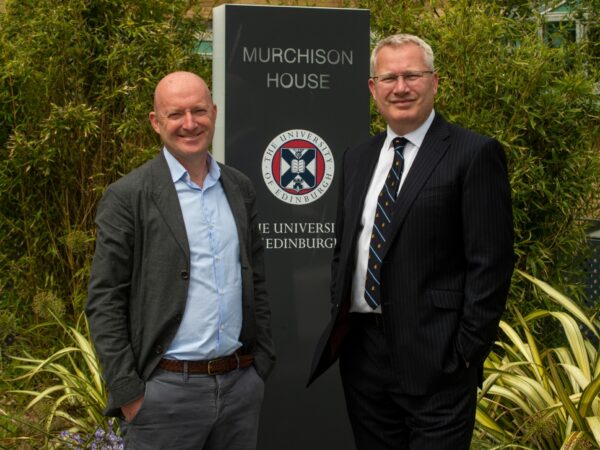

*Edinburgh Innovations has supported four inflammation research-related spinouts over the past five years, securing around £70million of investment.